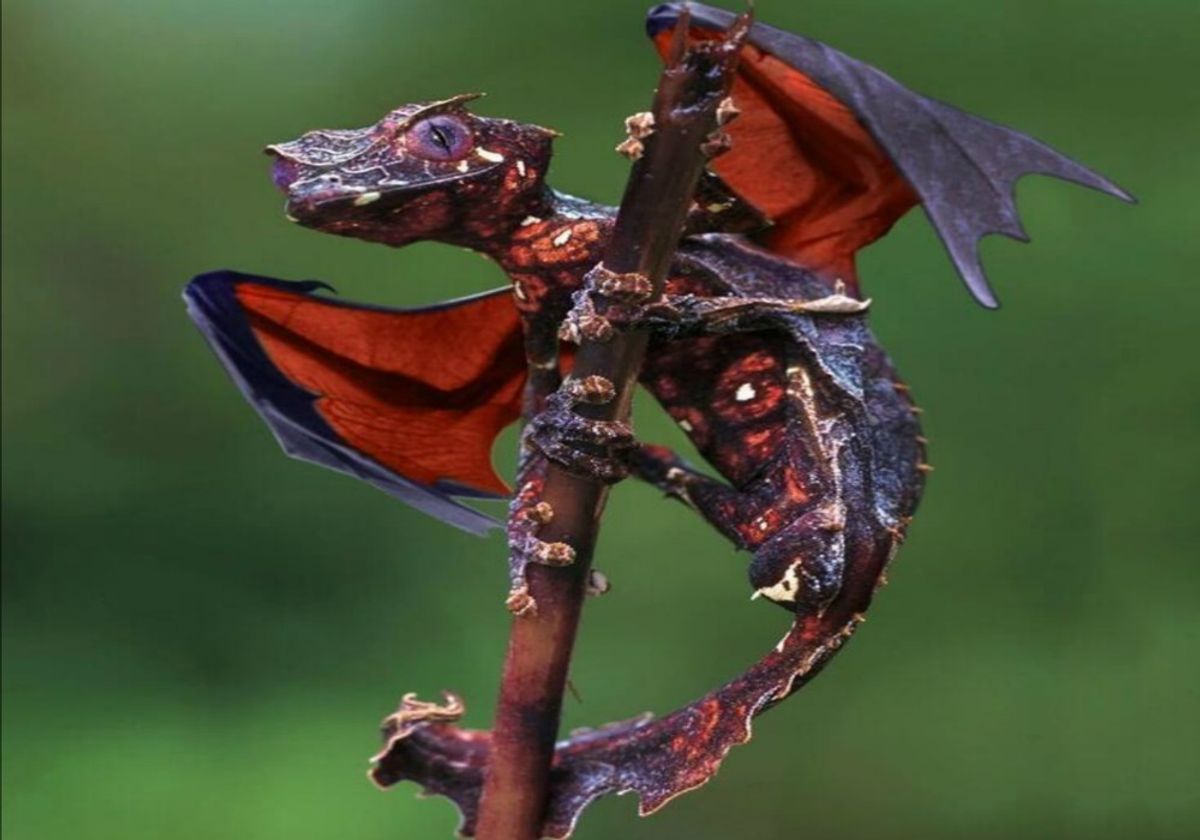The poem that formed the basis of the song "Puff, the Magic Dragon" was written in 1959 by Leonard Lipton, a nineteen-year-old Cornell student. Lipton was inspired by an Ogden Nash rhyme about a
The 1960s being what they were, however, any song based on oblique or allegorical lyrics was subject to reinterpretation as a "drug song," and so it was with "Puff, the Magic Dragon." "Puff" was an obvious name for a song about smoking pot; little Jackie Paper's surname referred to rolling papers; "autumn mist" was either clouds of marijuana smoke or a drug-induced state; the land of "Hanah Lee" was really the Hawaiian village of Hanalei, known for its particularly potent marijuana plants; and so on. But as Peter Yarrow demonstrated in countless concert performances, any song — even "The Star-Spangled Banner" — could be interpreted as a "drug song."
Here is what the people who created and popularized the song have said about it:
Leonard Lipton (co-writer):
["Puff" is about] loss of innocence, and having to face an adult world. It's surely not about drugs. I can tell you that at Cornell in 1959, no one smoked grass. I find the fact that people interpret it as a drug song annoying. It would be insidious to propagandize about drugs in a song for little kids.
Peter Yarrow (co-writer):
As the principal writer of the song, I can assure you it's a song about innocence lost. It's easier to interpret "The Star-Spangled Banner" as a drug song than "Puff, the Magic Dragon." This is just a funny rumor that was promulgated by Newsweek magazine [who ran a cover story about covert drug messages in pop music]. There is no basis for it. It's inane at this point and really unfortunate, because even in Hong Kong it's not played because of the allegation it's about drugs. But I assure you it's not.
When 'Puff' was written, I was too innocent to know about drugs. What kind of a meanspirited SOB would write a children's song with a covert drug message?
Mary Travers:
Peter wrote the song in 1958 [sic], and it is not about marijuana. Believe me, if he wanted to write a song about marijuana, he would have written a song about marijuana.


